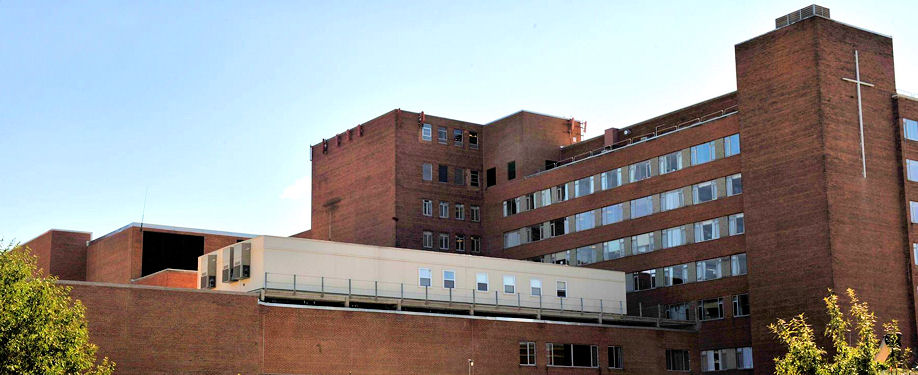Modular Healthcare Building Resources

The demand for adaptable and versatile modular healthcare building resources has never been more critical. Modular buildings from Modular Genius provide a transformative solution that not only meets the dynamic needs of the healthcare industry but also redefines the concept of flexibility in care delivery.
Flexibility in Care: Exploring the Versatility of Modular Healthcare Buildings
Modular healthcare buildings depart from traditional brick-and-mortar structures, offering a modular construction approach that involves prefabricated components assembled on-site. The versatility of these modular constructions goes beyond their physical structure, influencing the very nature of care provided within their walls.
At the core of modular healthcare buildings is the ability to rapidly adapt to changing needs. Unlike traditional construction, where modifications may involve significant disruptions and lengthy timelines, modular structures can be easily reconfigured, expanded, or even relocated to meet evolving healthcare demands. This adaptability aligns seamlessly with the ever-shifting dynamics of patient populations, healthcare services, and technological advancements.
A Host of Solutions
One of the primary ways modular healthcare buildings demonstrate versatility is through their capacity to cater to diverse medical specialties. Modular construction can be tailored to meet the unique requirements of various healthcare services, whether it’s a general practitioner’s office, a specialized clinic, or a diagnostic imaging center. This adaptability ensures that healthcare providers can customize their facilities to suit specific patient needs without the constraints of a one-size-fits-all approach.
The modular approach also facilitates the integration of cutting-edge technologies into healthcare facilities. As medical technology advances rapidly, healthcare providers need spaces that readily accommodate new equipment and systems. Modular healthcare buildings, designed with the flexibility to incorporate the latest technological innovations, ensure that healthcare facilities remain at the forefront of medical progress.
A Wide Range of Uses
Beyond physical adaptability, modular healthcare buildings support a wide range of care delivery models. For instance, they can serve as temporary clinics for community outreach programs, mobile healthcare units for rural areas, or emergency response facilities during crises. This versatility extends the reach of healthcare services, ensuring that quality care is accessible where and when it is needed most.
Patient-centric design is another dimension of flexibility in care that modular healthcare buildings champion. The modular construction approach does not compromise the ability to create comfortable, welcoming, and healing environments. The flexibility of design ensures that patient-centric features, such as calming aesthetics, private spaces, and accessibility considerations, can be seamlessly integrated into the modular healthcare setting.
Perfect During Emergencies
The adaptability of modular healthcare buildings also extends to their role in crisis management. During public health emergencies, these structures can be rapidly deployed as temporary healthcare facilities, aiding in the surge capacity required to respond effectively to unforeseen medical challenges. This versatility in crisis response ensures that communities have the necessary infrastructure to address healthcare crises promptly.
From addressing immediate needs to adapting to future trends, these structures offer flexibility that traditional construction methods struggle to match. As the healthcare industry evolves, the modular approach stands as a beacon of adaptability, ensuring that healthcare facilities can seamlessly adjust to the changing landscape while delivering quality care to diverse patient populations.
Learn more about modular healthcare building resources by calling Modular Genius at 888-420-1113 or contacting us online.